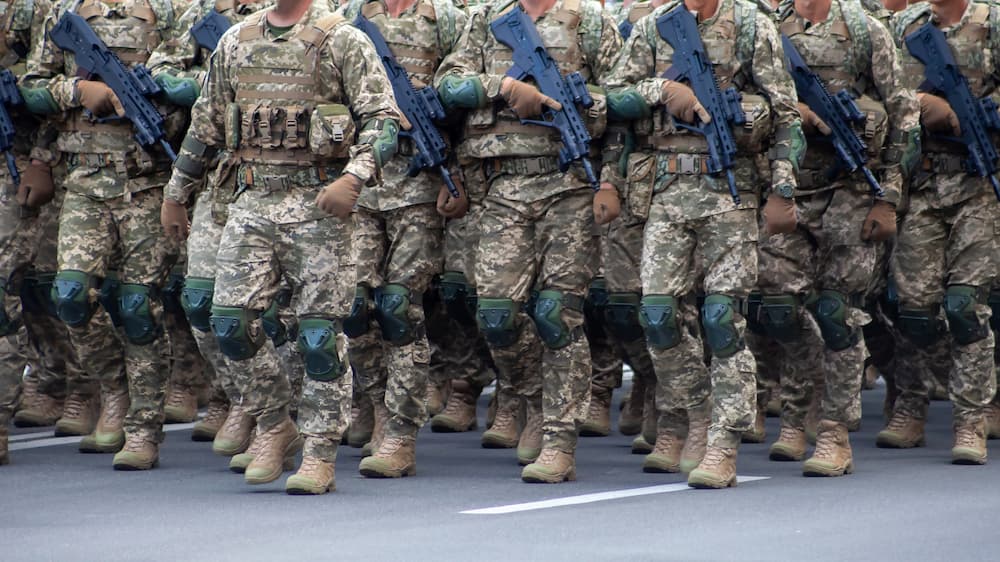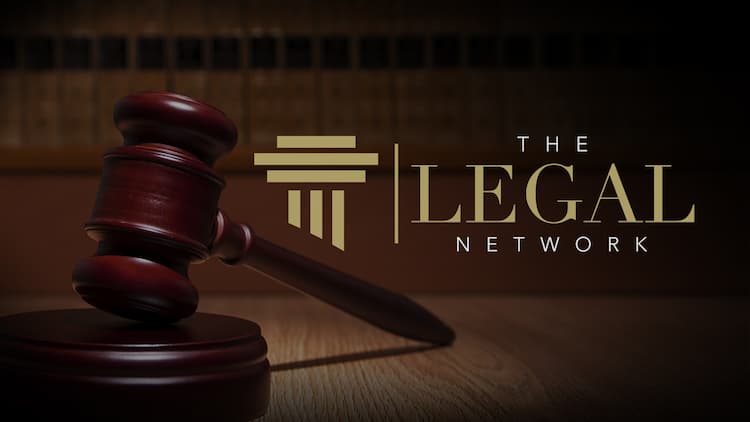
WASHINGTON — The Trump administration on Friday petitioned the U.S. Supreme Court to overturn a lower court order that blocks the president from deploying National Guard troops in Illinois, escalating a deepening conflict between the White House and Democratic governors over the domestic use of federal forces.
In its 43-page filing, the administration called the ban “a disturbing and recurring pattern” of judicial interference and urged the justices to immediately lift U.S. District Judge April Perry’s temporary restraining order. The government argued the ruling “improperly impinges on the President’s authority and needlessly endangers federal personnel and property.”
The request asks the high court to grant an administrative stay allowing the deployment of roughly 700 troops — 300 from the Illinois National Guard and 400 federalized personnel from Texas — while the appeal moves forward. By late Friday, the Supreme Court had not yet acted, though it ordered Illinois officials to file their response by 5 p.m. Eastern time Monday.
A Clash Over Presidential Power
The petition follows the Seventh Circuit Court of Appeals’ unanimous decision a day earlier upholding Judge Perry’s order. The three-judge panel — Ilana Rovner, David Hamilton, and Amy St. Eve — found no justification for military involvement in Illinois. Even affording “great deference” to the executive branch, the court said, there was no evidence of rebellion or obstruction warranting troop deployment.
“The spirited, sustained, and occasionally violent actions of demonstrators … do not give rise to a danger of rebellion against the government’s authority,” the opinion read. The panel noted that federal immigration facilities, including the contentious Broadview Processing Center near Chicago, have remained operational, with any violence “quickly contained.”
Two of the appellate judges, Rovner and St. Eve, were appointed by Republican presidents; St. Eve’s appointment came during Trump’s own term.
The Illinois Response
Illinois Gov. J.B. Pritzker condemned the administration’s actions, saying the president “will keep trying to invade Illinois with troops — and we will keep defending the sovereignty of our state.” In a social media post, Pritzker called the proposed deployment “un-American” and warned it “leads us down a dangerous path for our democracy.”
Perry’s initial ruling stemmed from Justice Department claims that anti-immigration protests had escalated into violence targeting federal agents and property. The administration alleged that demonstrators rammed vehicles, hurled fireworks and rocks, and even conspired to place a bounty on a Border Protection commander.
However, the appellate panel said those claims were either unsubstantiated or contradicted by the administration’s own data. “Immigration arrests and deportations have proceeded apace in Illinois,” the opinion stated, undermining the government’s argument that local resistance was impeding enforcement.
Legal and Political Implications
The dispute in Illinois echoes similar legal battles unfolding in California and Oregon, where judges have also restricted or temporarily blocked National Guard deployments. Federal troops currently patrol limited zones in Washington, D.C., and Memphis, Tennessee, while a California court in September declared that state’s deployment unlawful.
Solicitor General John Sauer wrote in Friday’s petition that the Illinois case “presents what has become a disturbing and recurring pattern” — federal agents under attack followed by judicial or state resistance to Trump’s military interventions. The administration maintains that its actions are necessary to protect federal personnel and property from what it describes as “violent anti-ICE agitators.”
During an October 9 hearing, Judge Perry challenged the Justice Department’s assertions. When attorneys cited protesters wearing gas masks as evidence of premeditated confrontation, Perry countered, “If ICE is indiscriminately gassing peaceful protesters, I too would wear a gas mask — not to do violence, but to protect myself.”
A Broader Test for Federal Authority
The high court’s eventual decision will likely reverberate beyond Illinois, testing constitutional boundaries between state sovereignty and executive power over the military. Since Trump’s return to office, the conservative-leaning court has frequently granted his administration emergency relief after lower-court defeats, including on matters involving immigration, federal spending, and military policy.
For Illinois, the case represents both a legal and symbolic stand. Pritzker’s government argues that militarizing local streets under federal order would erode trust between residents and law enforcement, reigniting tensions already strained by immigration raids and protests.
While the Supreme Court could issue an interim ruling at any time, legal observers note that the justices’ approach may signal how far they are willing to extend deference to the executive branch in matters of domestic security. Until then, Illinois’ National Guard remains under state command — a constitutional line now being tested at the highest level of American law.




